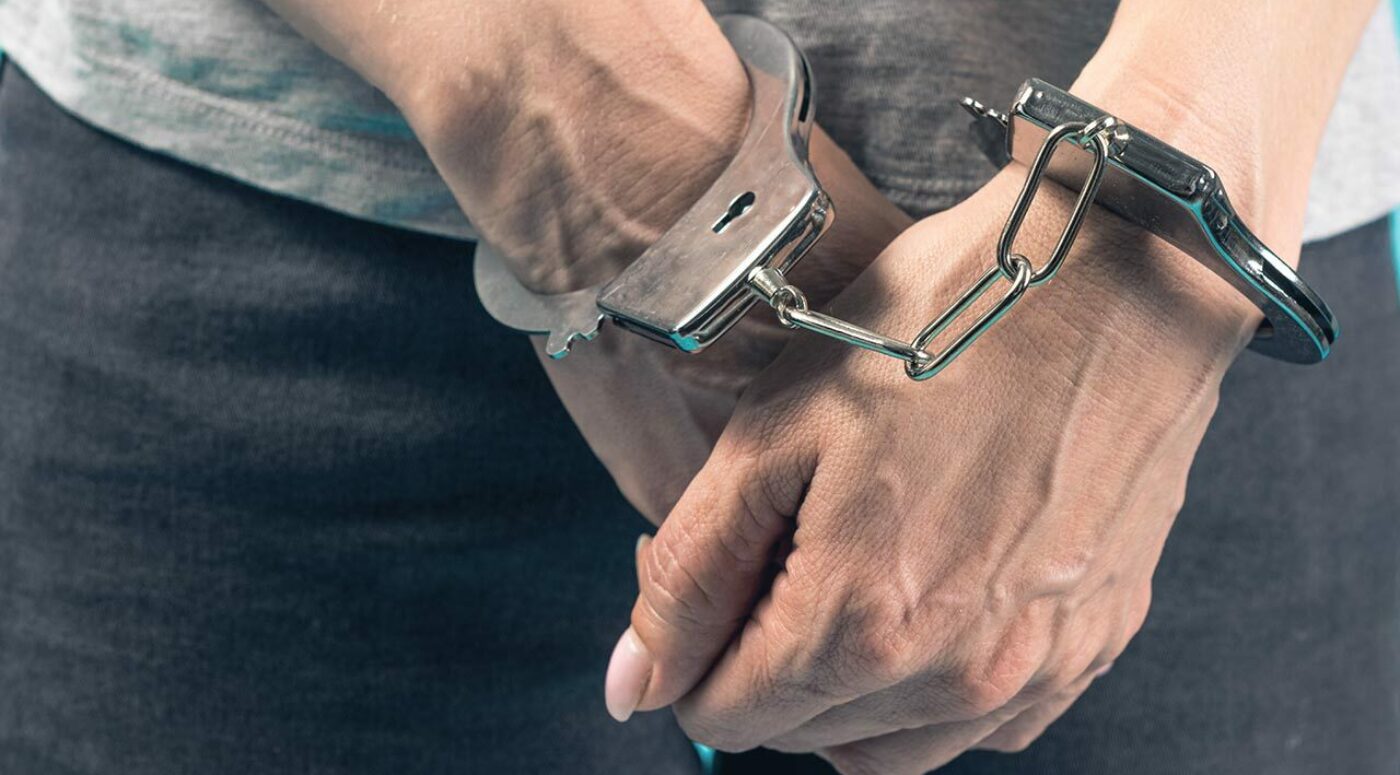

If you have been released on bail, but have been notified that your bail has been extended, it can feel like a bit of a shock. You might be wondering what it means for bail to be extended, what impact it might have on any open investigations, and what it could mean if your case goes to trial. All of this is completely understandable, and thousands of people go through a similar experience each year in the UK. In this article, we will explain what bail extension means in the UK and what implications it has for you. We will also discuss whether or not bail extension is a good or bad thing. Keep reading to get answers to all your questions!
What is ‘bail’ in the UK?
Bail is a mechanism that allows people accused of a crime to remain out of custody while they await trial. Bail can be granted if there is not sufficient evidence to show that the person committed the offence, or if the bail conditions are reasonable and the risk of flight (i.e. your risk of running away and not attending any court hearings) is minimal.
It is important to note that being granted bail does not imply any guilt or innocence. It only shows that the judge (or the officer, if you were given bail by the charging station) believes you will attend all future hearings related to your case, and that you will not present any immediate danger to yourself or others.
What is the difference between bail and being released under investigation?
Bail and being released under investigation (RUI) are similar mechanisms in that they allow people to remain out of custody while their case is being investigated.
Due to concerns over how long suspects were being held while a crime was being investigated, however, a difference was introduced between bail and RUI. When you are on bail, you have a set time limit for which you will remain on bail. When released under investigation, there is no such time limit.
Both mechanisms could entail conditions on your release, such as reporting to the police station at given intervals or not being allowed to leave the country. Nowadays, it is much more common to be released under investigation than it is to receive bail – so much so that the rest of our article includes reference to RUI rules as well as the less common bail procedures.
How long do you get bail for in the UK?
If you are released under investigation, there is no strict time limit for the police to wrap up their investigation and lift your conditions. It could last for years. When released on bail, however, there are time limits.
Generally speaking, you receive bail for 3 months in the first instance, which may be extended up to 6 months if the case is sufficiently complex. This gives officers the chance to conduct and conclude their investigations. If an extension is required, there are two further extensions available.
- Bail can be extended from 3 to 6 months by an Inspector; and
- bail may be further extended from 6 to 9 months by a Superintendent.
If the police need an extension beyond 9 months, they have to get authorisation from a Magistrate.
What happens when bail is extended in the UK?
When bail is extended, it means that your bail conditions are kept in place for a longer period of time. This does not necessarily mean that there is more evidence against you, only that the police and/or prosecution need more time to investigate the case. Generally speaking, and depending on the circumstances, bail can be extended for up to 12 months.
Is bail extension in the UK a good or bad thing?
Bail extension could mean that the police and/or prosecution need more time to build their case against you, which could lead to a more serious charge or sentence. On the other hand, bail extension could mean that the police and/or prosecution are not sure about their case against you, which could increase your chances of having the case dropped or being found innocent at trial. It could also mean that resources are stretched, and other (usually more serious) cases have taken priority.
Ultimately, bail extension is neither a good nor bad thing; it is simply an indication that more time is needed to investigate a particular case.
Can bail be extended past 3 months?
Yes, bail can be extended past 3 months. It can be extended up to a further 12 months if authorised by a Magistrate.
How long can Magistrates extend bail for?
Magistrates are able to extend bail by up to 9 months in addition to the initial three months. This means bail could be as long as 12 months in total.
How many times can you be re-bailed?
In the UK, bail time is governed by the amount of time you spend on bail, not the number of times you are actually bailed. This means that the police and/or Magistrate will take into account the number of days you have already spent on bail, not whether you were released on bail, had your conditions lifted, and then were put back under bail conditions. Due to the nature of bail proceedings and police investigations, it is not common to have bail conditions lifted and later reinstated (unless compelling new evidence comes to light).
How long can police keep you on bail without charge?
Pre-charge bail is limited to 3 months as per the Police, Crime, Sentencing and Courts Act 2022, which came into force in August 2022. The 3-month time limit for pre-charge bail was established to stop suspects having to wait months, or even years, to hear back about investigations. Whether the RUI scheme truly presents an improvement on this is something hotly debated by lawyers and activists alike.
Can you go on holiday while on bail?
In short, maybe. You can go on holiday while on bail only if you have been released without travel restrictions, or if any potential holidays have been approved by the bail officer first. This is because bail officers need to be certain that you are not a flight risk (i.e. a risk of leaving and not attending court hearings). The bail officer may also impose certain conditions on your travel, such as how long you can go away for, which countries you can visit, how often you have to report your location, and so on.
Does bail mean you have been charged?
Bail can occur before or after you have been charged, and just because bail has been given doesn’t necessarily mean that charges have been pressed. Bail simply suggests that the police are still investigating your case; this might look like the police gathering more evidence or waiting for guidance from the CPS. If you have actually been charged, then the police are required to give you a charge sheet outlining all of the offences they believe you have committed.
Can bail conditions be dropped?
Yes, bail conditions can be dropped if there is no longer a good reason to keep them in place. This could occur if the police are not able to gather enough evidence against you, or if they reach the conclusion that you would not present a risk of fleeing or committing further offences. It could also happen if your case is resolved before trial.
What happens when bail expires in the UK?
When bail expires, the bail conditions are no longer in effect. If you are still under investigation, then bail can be extended if necessary. If your bail expires and it is not extended, then you will not need to attend any more court hearings related to this case (unless you have been charged) and will no longer be subject to bail.
What happens when released on bail in the UK?
When bail is granted, you will usually be released from custody with certain bail conditions in place. These conditions could include a curfew, a requirement to regularly report to the police station, restrictions on contact with other people (e.g. victims), and/or electronic tagging. If these bail conditions are not adhered to then bail can be revoked, and you may be remanded in custody until your trial date.
What happens if bail is refused?
If bail is refused, it means that the police and/or prosecution have concluded that you pose a risk to public safety or are likely to flee. It could also mean that they believe the evidence against you is strong enough that there would be little point in granting bail. In this situation, you will remain detained in prison until your trial date.
Where to get more help with bail questions?
If you have any more questions about bail, please contact the team at Stuart Miller Solicitors for a free, friendly, and completely non-judgmental consultation. We can provide you with expert advice and support throughout the bail process, and, if you need it, we can offer representation at any other stage of proceedings. We might even be able to get your case dropped before it reaches trial. Contact us today to get started.
(This page was last updated on November 15, 2023.)
OUR COMMITMENTS TO YOU:
-
Responsive
A legal expert will consult you within 24 hours of making an enquiry.
-
Empathetic
We will always treat you with trust, understanding and respect.
-
Specialised
Your case will be handled by an expert who specialises in your type of offence.
-
Proactive
We will take early action to end proceedings as soon as it is practically and legally possible to do so.
-
Engaged
You will be kept updated on your case at all times. We will provide a named contact available to answer your questions.
-
Caring
We understand this is a difficult and stressful time for you and your family. Our team will support you every step of the way.
-
Tenacious
We will never give up on your case. We fight tirelessly to get you the best possible outcome.

